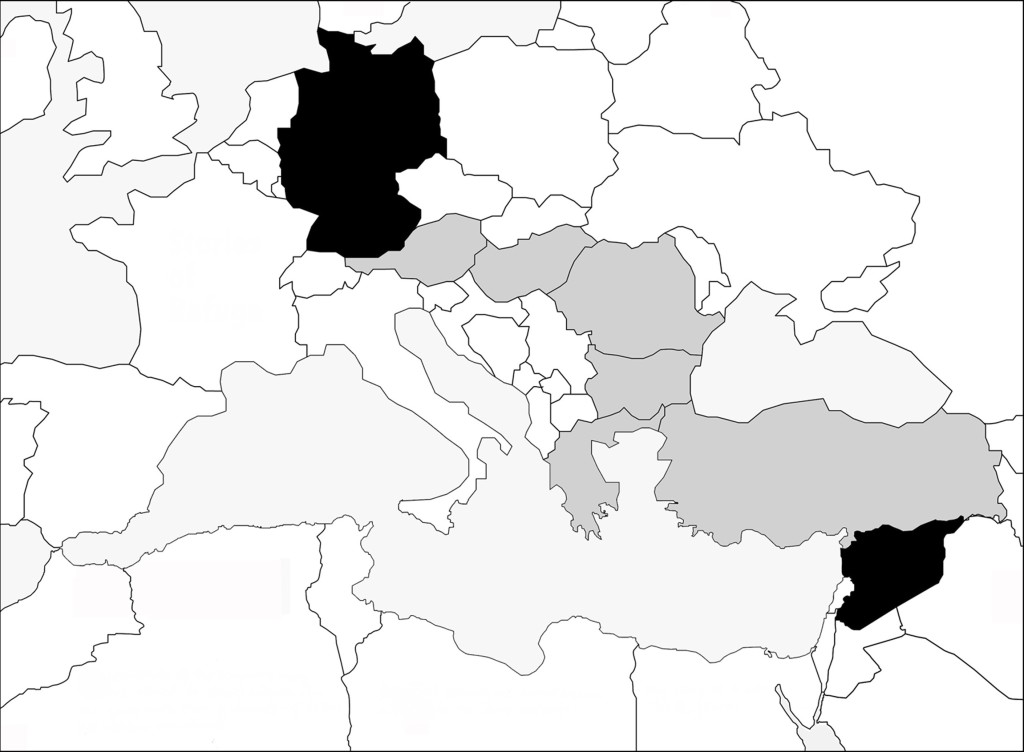Center for Law, Justice and Culture welcomes writer and lawyer Arjun Sethi to campus. Sethi will speak on “Surveillance in the 21st Century” on Monday, April 18, at 6 p.m. in Porter 105.
All students, faculty, and community members are invited to attend the event. A reception will follow.
Sethi is Adjunct Professor of Law at Georgetown University.
John Gilliom, Professor of Political Science and Associate Dean of the College of Arts & Sciences, will offer discussion comments and concluding remarks. Gilliom specializes in political and cultural dynamics surrounding the emergence of new forms of surveillance.
Sethi’s talk will explore how the government is using new surveillance techniques, both electronic and non-electronic, to control populations of people and stifle dissent.
Programs that will be discussed include NSA surveillance, cell phone location tracking, license plate readers, facial recognition technology and predictive policing.
Sethi has been working on human rights protection for years. He serves as director of law and policy for the Sikh Coalition, a non-profit organization founded to protect Sihk American against discrimination and violence in the aftermath of the 2001 terrorist attacks in New York City.
Sethi is also a frequent contributor to the human rights discussion, through guest appearances on Aljazeera, BBC and NPR as well as many of his own articles. Sethi’s writings about human rights and other legal topics have appeared in The Huffington Post, The Guardian and The Washington Post, among many others.
Sethi also previously worked as legislative council and policy adviser for the American Civil Liberties Union. Before that he worked at a Washington-based law firm, representing asylum seekers, national security detainees, death row defendants and others.
He is a graduate of NYU Law School and the Edmund A. Walsh School of Foreign Service at Georgetown University.
Gilliom’s most recent book is SuperVision: An Introduction to the Surveillance Society.
“I am endlessly fascinated with the power politics of surveillance and the ways in which increasingly comprehensive surveillance changes our understandings of freedom and individuality,” says Gilliom.
This event is sponsored by the Center for Law, Justice and Culture, the Making and Breaking the Law theme, and the Departments of History and Political Science.
All are welcome to attend and are encouraged to bring questions, concerns, or topics they are interested in exploring through this forum, including questions about applying to law schools and making a career in the legal field.




















Comments